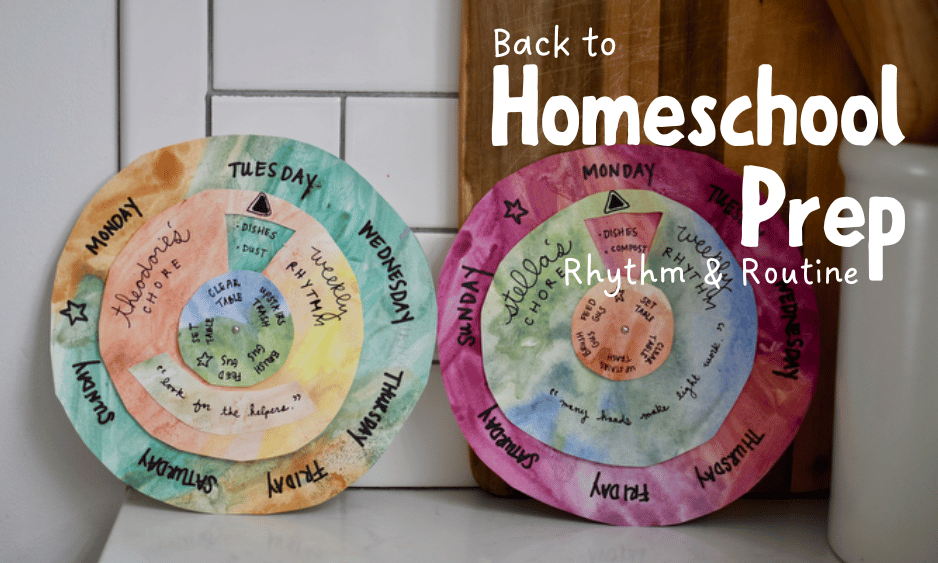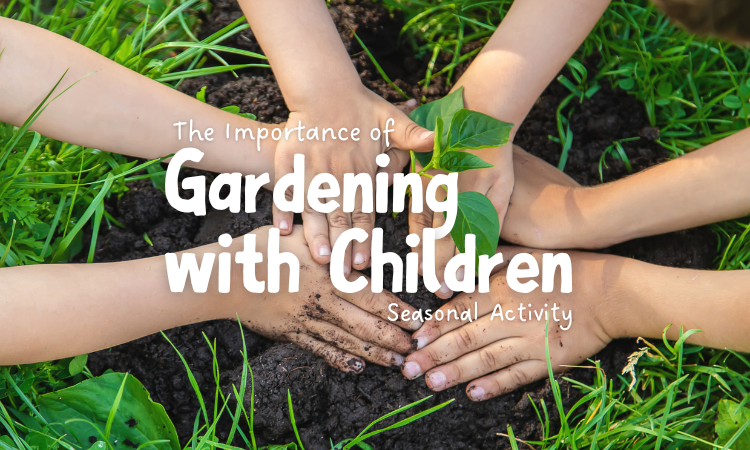Back to School PrepDaily Wonder lesson plans provide the daily, monthly and yearly rhythm of your school year. The educational planning is done, and there is minimal preparation awaiting you, the parent. We all know how hectic the school year can get with all the things that need to happen in one day. The Wonder Squad highly recommends taking the time now to look into your prep needs. You will be so grateful down the road for taking the time now to get organized. Lazy summer days offer leisurely ways to check things off the "back to homeschool to-do list".
Here are our suggestions:
0 Comments
The Four TemperamentsHas your child been displaying behaviours that are puzzling to you? Do you find yourself becoming frustrated with behaviours and tendencies your child exhibits? Are there clashes between your children, despite all your best efforts to mediate? Are you wondering why they approach their projects and studies in a certain way? Most importantly…are you wondering how to support your child more fully? As parents and teachers, we are always looking for ways to understand our children, to interpret their behaviours, and to be able to support them more fully in their development. In Waldorf Schools around the world, it is very common for teachers to use the Four Temperaments Model, as a foundation for understanding their students.
What is Anthroposophy anyway?This is a big topic that can be quite confusing for many people. Especially if you’re searching online and finding many contradicting statements. So here goes… Anthroposophy is a spiritual philosophy founded by Rudolf Steiner, born out of his deep knowledge and experience of both Theosophy and Anthropology. Anthroposophy means Wisdom of the Human Being and is fundamentally a study of the human being: our nature, development, and soul/spiritual task. Rudolf Steiner maintained that every human being (Anthropos) has the inherent wisdom (Sophia) to solve the riddles of existence and evolve as individuals and a collective. In other words, Anthroposophy is a Spiritual Path. To add to the confusion, many people discover Anthroposophy because it has been applied to initiatives that they are a part of. In these scenarios, Anthroposophy is found as the bedrock of various initiatives such as Waldorf education, Biodynamic farming, Medicine, Curative education, Eurythmy, the Christian Community, and Architecture. So, does this mean my kids are taught Anthroposophy if I send them to a Waldorf school?We're not exactly psychic, but we can predict that your children will complain that they are bored and bicker with their siblings (if they have some) at least ten times during the summer. So we are here to highlight the amazing work that is taking place behind these annoying scenes.
Long summer days can offer so many wonderful opportunities for family time and activities that we forget to honour the downtime. Children hardly get unstructured time these days. When they do, it can be met with complaints and loud, uncomfortable noises. As parents, our first inclination is to stop that noise however we can. When we remember that boredom is the doorway to creativity, we give ourselves permission to sit back and wait for the magic to happen. Things that can come out of boredom... More and more parents understand the importance of free, unstructured play for children. However, in our highly structured and driven society, they are working against the grain, in a way. These families have to work extra hard to maintain their values and navigate away from the overuse of screens and electronic toys that take away all the wonder.
At first, if your child is not used to free, unstructured play, it can be difficult for them to sink into something joyful and absorbing. In some ways, it requires a “detox” from the toys and distractions of our modern world. Many popular toys for children today involve electronics: these toys beep, buzz, flash, and talk. On the surface, they seem very exciting and engaging, but one quickly realizes that they lack deeply nourishing engagement with wonder and creativity. Furthermore, they become a source of frustration because they easily break, or the batteries die quickly. They can also be quite disturbing to the nervous system of the child. These toys can overload the senses with sounds and visuals. And let’s not forget the disturbance to the nervous systems of those in the room (like stressed out moms)! Creating space and time for free play and teaching classic childhood games we played as kids is one way we fulfill Daily Wonder's mission to Reclaim Childhood to Transform the World. Play is an essential part of the healthy development of physical, social and cognitive skills. Classic childhood games help to connect us to traditional values and culture, but they also are super fun to play. No matter your age or physical prowess, there's a classic game for everyone. Here's what we love about classic games...Providing your child with the opportunity to grow food fosters a sense of responsibility and connection with nature.
There are numerous ways to approach this activity, each with unique benefits. You can choose the most suitable method depending on your location and gardening context. While we won’t delve into all the possibilities, we strongly advocate for providing your child with the opportunity to grow food to foster a sense of responsibility and connection with nature and promote healthy eating habits. Here are some easy ideas to get you started: Celebrate the halfway point between Spring and Summer with a May Festival.
We encourage families to recognize the passage of time and the seasonal rhythms through festival celebrations. Festivals provide an opportunity for your community to unite and share wonder, reverence and gratitude. May Festival celebrates the awakening of the earth, the lengthening of days, and the rebirth of nature around us. We celebrate this time of growth with joyous song and dance, playful games and a community picnic. Traditionally May Festivals are celebrated on May 1st, but we have always found that using the early weeks of May to prepare and then holding the festival later in the month works too. And if you're homeschooling, you can be as flexible as you like. Looking for ways to bring awareness about our responsibility to care for the Earth? The following environmental actions are important to do all year round, not just on Earth day. We encourage you to go through the list with your child and choose a few that inspire you. Commit to making them a part of your homeschooling routine. Together we can build a better world for the future.
1. Go for a walk and pick up litter Spring is such a time of renewal and comes with a burst of energy. Seasonal celebrations give you a point of focus when choosing stories, crafts and activities to do as a family. Celebrations such as Easter offer a beautiful annual rhythm, something that your child looks forward to re-engaging with each year. It's a special experience to choose activities that become family traditions.
|
BlogExplore schedules, rhythms & routines, songs, music, festivals, free play, meals, projects & more to support your homeschooling program.Categories
All
Archives
July 2024
|
You might be wondering... |
Visit us on Teachers Pay Teachers© COPYRIGHT 2020. ALL RIGHTS RESERVED
Serving your worldwide educational needs from Comox Valley, BC, Canada. |











 RSS Feed
RSS Feed